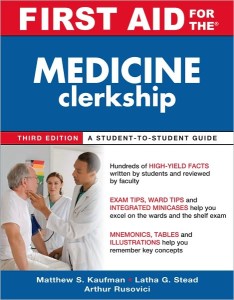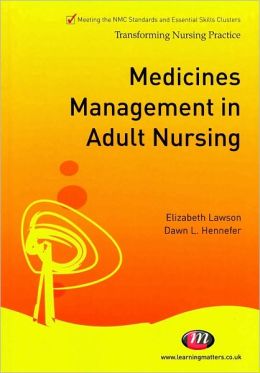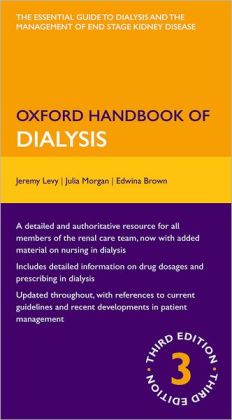-38%
Unveiling the Allied Health Professions: A Comprehensive Guide to Career Options in Health and Fitness
Welcome to the ever-evolving realm of allied health professions, where passion for health and well-being converges with specialized knowledge and practical skills. This article delves into the diverse fields that comprise the allied health domain, empowering you with insights into their unique roles, requirements, rewards, and challenges.
Exploring the Allied Health Landscape
Allied health encompasses a broad spectrum of healthcare disciplines that collaborate with physicians and other medical professionals to provide comprehensive patient care. These specialized fields extend beyond traditional nursing and encompass a myriad of roles that support, enhance, and complement medical treatment.
Understanding the Six Core Areas
To help navigate the vast allied health landscape, this article focuses on six primary areas that have consistently demonstrated stability, growth potential, and financial rewards:
1. Physical Therapy
Physical therapists play a crucial role in restoring and enhancing movement and function in individuals with injuries, disabilities, or chronic conditions. Their expertise lies in assessing and treating musculoskeletal impairments, utilizing a range of therapeutic techniques, including exercises, manual therapy, and assistive devices.
2. Occupational Therapy
Occupational therapists empower individuals to engage in meaningful and purposeful activities by improving their physical, cognitive, and sensory-motor skills. They collaborate with patients to develop rehabilitation programs tailored to their specific needs, focusing on enhancing independence and participation in daily tasks.
3. Recreational Therapy
Recreational therapists harness the power of leisure and recreational activities to promote physical, emotional, and cognitive well-being in individuals facing various health challenges. They create and implement therapeutic programs that engage patients, fostering socialization, relaxation, and a sense of purpose.
4. Exercise Physiology
Exercise physiologists specialize in the science of human movement and exercise. They collaborate with healthcare professionals to develop and deliver individualized exercise programs for patients with chronic conditions, injuries, or rehabilitation needs. Their expertise extends to monitoring and assessing the physiological responses to exercise, optimizing fitness outcomes.
5. Massage Therapy
Massage therapists utilize manual techniques to promote relaxation, reduce pain, and improve overall well-being. Their unique skills involve manipulating soft tissues to address muscle tension, enhance circulation, and alleviate stress-related conditions.
6. Athletic Training
Athletic trainers specialize in the prevention, evaluation, and treatment of injuries in athletes. They work closely with athletes to optimize performance, reduce the risk of injury, and facilitate rehabilitation. Their knowledge and skills encompass anatomy, biomechanics, and first aid, ensuring the safety and well-being of athletes at all levels of competition.
Embarking on Your Allied Health Journey
Pursuing an allied health career requires a strong educational foundation and a commitment to lifelong learning. Most allied health professions necessitate a bachelor’s or master’s degree from an accredited institution. Additionally, many states require additional licensing or certification to practice.
Reaping the Rewards and Navigating the Challenges
Allied health professions offer a multitude of rewards, including job satisfaction, stable employment, and opportunities for career advancement. However, like any profession, challenges may arise, such as long hours, dealing with demanding patients, and managing stress.
Envisioning the Future
The future of allied health is promising. As the healthcare industry continues to evolve, the demand for allied health professionals is projected to grow. With an aging population and a growing emphasis on preventive care and rehabilitation, these professions will remain indispensable to the comprehensive delivery of healthcare services.
Finding Your Path to Success
Determining whether an allied health career is the right fit for you is essential. Consider your interests, strengths, and personality. shadowing professionals in the field, volunteering at healthcare facilities, and engaging in internships can provide invaluable insights into the realities of these professions.
Overcoming Burnout and Maintaining Well-being
To thrive in an allied health career, it is crucial to manage stress and prevent burnout. Prioritizing self-care through regular exercise, a healthy diet, and sufficient rest is essential. Building a support system of colleagues, family, and friends can also provide much-needed resilience.
Embrace the opportunities and challenges that allied health professions offer. With dedication, compassion, and a thirst for knowledge, you can embark on a fulfilling and impactful career in this dynamic and rewarding field.
maybe you like these too:
- Laboratory Manual for Non-Majors Biology 6th Edition (Original PDF from Publisher)
- Dental Assistants and Hygienists (Practical Career Guides) (Original PDF from Publisher)
- Mosby’s Pathology for Massage Therapists, 3e (Original PDF from Publisher)
- Pediatric Stroke Rehabilitation: An Interprofessional and Collaborative Approach (Original PDF from Publisher)








Reviews
Clear filtersThere are no reviews yet.